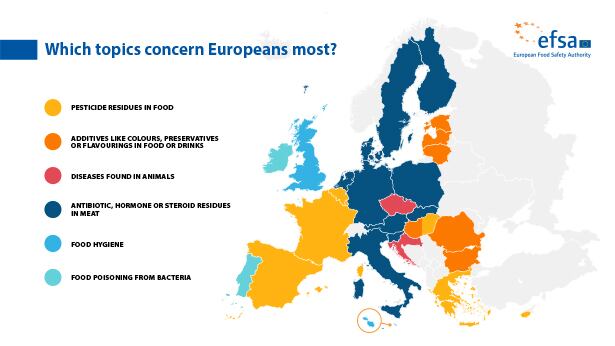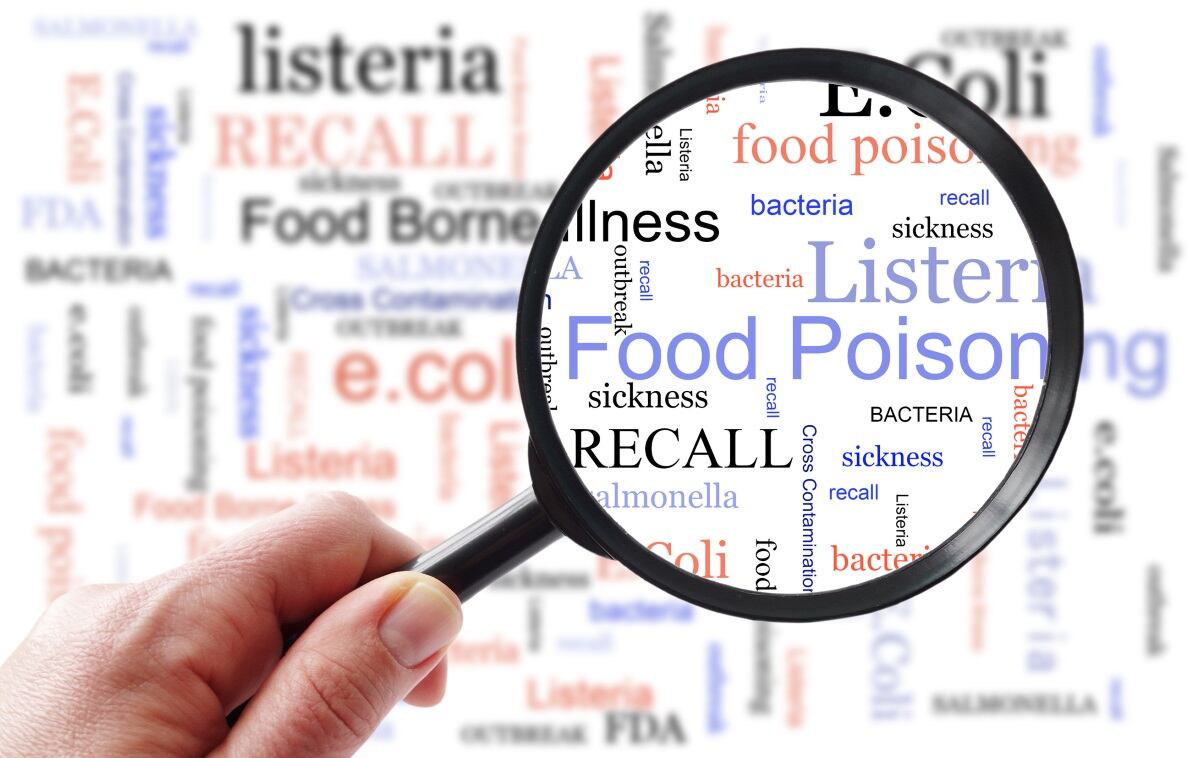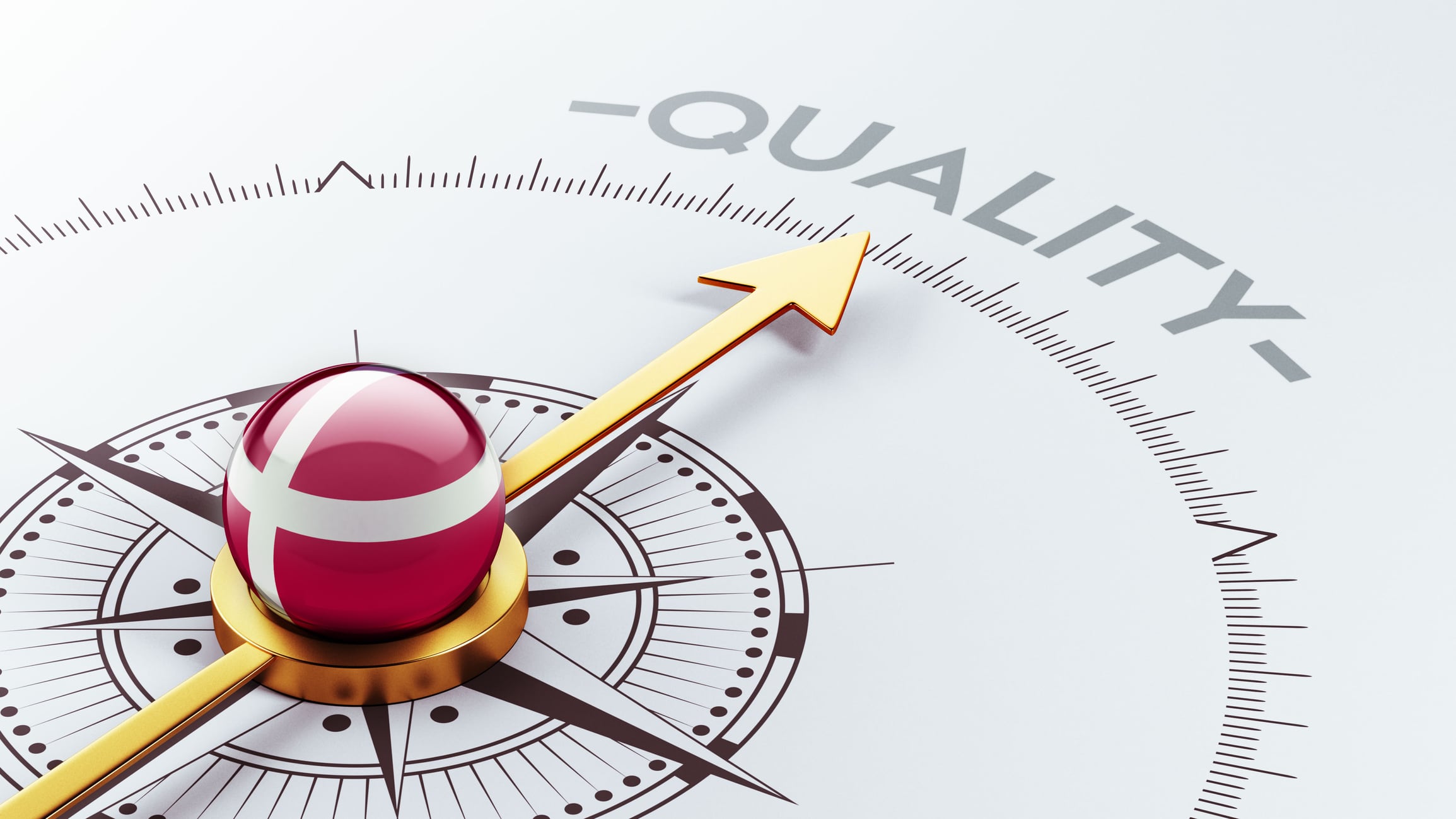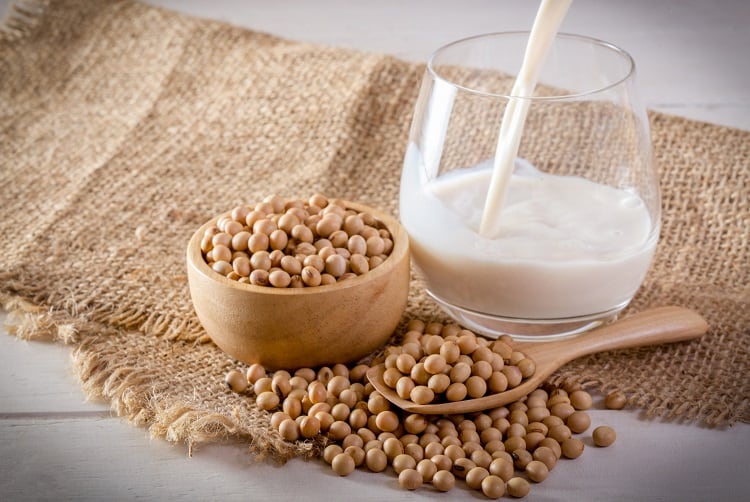Unsafe food kills an estimated 420,000 people every year, according to the World Health Organization. Globally, one in ten people – 600m - fall sick because of exposure to food contaminated with bacteria, viruses, parasites or chemicals.
“These deaths are entirely preventable,” said WHO head Tedros Adhanom Ghebreyesus. “World Food Safety Day is a unique opportunity to raise awareness about the dangers of unsafe food with governments, producers, handlers and consumers.”
To make a sustained difference to food safety, the UN outlined actions that it wants players in the value chain to undertake. It stated:
• Governments must ensure safe and nutritious food for all.
• Agriculture and food producers need to adopt good practices.
• Business operators must safely prepare, transport and store food.
• Consumers need timely, clear and reliable information on nutritional- and disease-risks associated with their food choices.
• UN organizations, governments, regional bodies and the private sector must work together on food safety issues.
The UN has tasked WHO and the Food and Agriculture Organization (FAO) with leading efforts to promote worldwide food safety. Jointly, they aim to assist countries prevent, manage and respond to risks in the food chain by working with regulators, producers, retailers and civil society.
“Whether you are a farmer, farm supplier, food processor, transporter, marketer or consumer, food safety is your business,” said FAO Director-General José Graziano da Silva. “There is no food security without food safety."
Food safety in Europe: ‘A non-negotiable responsibility’
The burden of foodborne diseases is distributed differently throughout the world, falling primarily on more vulnerable populations.
In Europe, food safety scares are comparatively infrequent, WHO data suggests. The organisation found 23 million people fall sick due to foodborne disease each year, which results in 5,000 deaths.
“Europe has the safest food in the world,” organisations representing the sector – including Copa-Cogeca, EuroCommerce and FoodDrinkEurope – claimed.
“This is the result of a wide range of regulatory and self-regulatory measures to ensure all products on the market meet the highest standards. Starting with good agricultural and animal practices, and continuing with the compliance with the highest food safety standards and the core long-standing practice of traceability, Europe’s agri-food chain partners have made food safety their number one priority.”
Working cooperatively across the food chain was a priority flagged by the European Food Safety Authority (ESFA) ahead of World Food Safety day. The organisation stressed that each link has a role to play, from governments and regulators, to agricultural producers, food businesses and consumers.
“Food safety is a shared responsibility,” EFSA stressed. “Collaboration is needed at many levels – across sectors within a government and across borders when combating outbreaks of foodborne illness globally.”
Three pillars of food safety in EU
In a statement released to mark World Food Safety Day, Commissioner for Health and Food Safety, Vytenis Andriukaitis, outlined three pillars that support the EU's "golden standards" for food safety.
"In the EU, food ‘safety nets' are strong. We have a solid legislative basis to control hazards in the supply chain. To make sure that the legislation is implemented and enforced, we rely on dozens of audits and inspections carried out within and outside the EU.
"We base our decisions on sound scientific evidence. To do so, we rely on the EFSA that brings together scientists from all Member States to provide valuable scientific expertise. I am glad that during my mandate EFSA's has been strengthened.
"Furthermore, we have a solid traceability system that covers all stages of food production, processing and distribution. For the last 40 years the EU's Rapid Alert System for Food and Feed has ensured that urgent notifications and alerts for food and feed risks are reported, processed and responded to efficiently."
‘We mustn’t be complacent’
High standards mean that European consumers generally express confidence in the safety of their food supply.
A new Eurobarometer survey found one in five Europeans say food safety is their main concern when choosing food and two in five said they take a “personal interest” in food safety. For most Europeans, food safety is one of many factors – such as price, taste, nutrition and origin – that influence food choice. But while food safety may not be the primary purchase driver for many Europeans, around half reported having a “high level” of awareness about the topic.
“Europeans have a high level of awareness of food safety topics and care what they eat. This gives us even greater motivation to continue our work in ensuring that our high standards are maintained and also strive to achieve more sustainable production and consumption patterns,” Andriukaitis commented.
“It is reassuring to see that Europeans are not overly concerned about the food on their plates. I believe this is not by coincidence but rather thanks to advances in science and technology, which have helped to improve food standards and hygiene practices,” added EFSA Executive Director Dr Bernhard Url.
The study found no single concern – but three food safety issues were commonly raised: the misuse of antibiotics, hormones and steroids in farm animals (44%), pesticide residues in food (39%), and food additives (36%).

Responding to the results of the first Europe-wide survey to be conducted since 2010, Dr Url said: “There are positives to take, but we mustn’t be complacent… We should not take their confidence for granted.”
Trust in science
When seeking out information on food safety, there was a clear generational divide.
The majority of people reported relying on television to update them about risks, with seven in ten of all Europeans stating this was their main source of information.
However, there was also evidence of the rising importance of social media for younger consumers. In total, 45% of 15-24 year olds are turning to social media for information on food safety.
In what Dr Url suggested was an important positive, more Europeans said they trusted information on food safety provided by scientists today than in 2010. This figure rose to 82% from 73%.
Consumer organisations (79%) and farmers (69%) also enjoy the highest levels of trust among Europeans when it comes to information on food risks. Trust in both national authorities (60%) and European Union institutions (58%) was described as “quite high”.
“The fact that there is high trust in scientists is encouraging. We can further increase Europeans’ confidence in their food if we better listen to their concerns and improve opportunities for dialogue, so they have a better understanding of the contribution science makes to the EU system,” Dr Url concluded.




